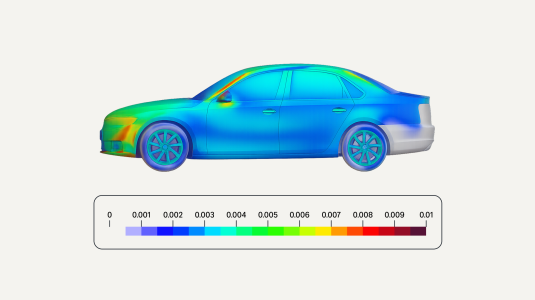Customer-obsessed science


Research areas
-
September 26, 2025To transform scientific domains, foundation models will require physical-constraint satisfaction, uncertainty quantification, and specialized forecasting techniques that overcome data scarcity while maintaining scientific rigor.
-
Featured news
-
EDM 20242024Bayesian Knowledge Tracing (BKT) is a probabilistic model of a learner’s state of mastery for a knowledge component. The learner’s state is a “hidden” binary variable updated based on the correctness of the learner’s responses to questions corresponding to that knowledge component. The parameters used for this update are inferred/learned from historical ground truth data. For this, BKT is often represented
-
2024An important requirement for the reliable deployment of pre-trained large language models (LLMs) is the well-calibrated quantification of the uncertainty in their outputs. While the likelihood of predicting the next token is a practical surrogate of the data uncertainty learned during training, model uncertainty is challenging to estimate, i.e., due to lack of knowledge acquired during training. Prior efforts
-
2024In many real-world applications, it is hard to provide a reward signal in each step of a Reinforcement Learning (RL) process and more natural to give feedback when an episode ends. To this end, we study the recently proposed model of RL with Aggregate Bandit Feedback (RL-ABF), where the agent only observes the sum of rewards at the end of an episode instead of each reward individually. Prior work studied
-
2024In this paper, we tackle the challenge of inadequate and costly training data that has hindered the development of conversational question answering (ConvQA) systems. Enterprises have a large corpus of diverse internal documents. Instead of relying on a searching engine, a more compelling approach for people to comprehend these documents is to create a dialogue system. In this paper, we propose a robust
-
ACL 2024, SoCal NLP Symposium 2024, COLING 2025 Workshop on Scaling Up Multilingual & Multi-Cultural Evaluation2024The development of large language models (LLM) has shown progress on reasoning, though studies have largely considered either English or simple reasoning tasks. To address this, we introduce a multilingual structured reasoning and explanation dataset, termed xSTREET, that covers four tasks across six languages. xSTREET exposes a gap in base LLM performance between English and non-English reasoning tasks
Collaborations
View allWhether you're a faculty member or student, there are number of ways you can engage with Amazon.
View all














































